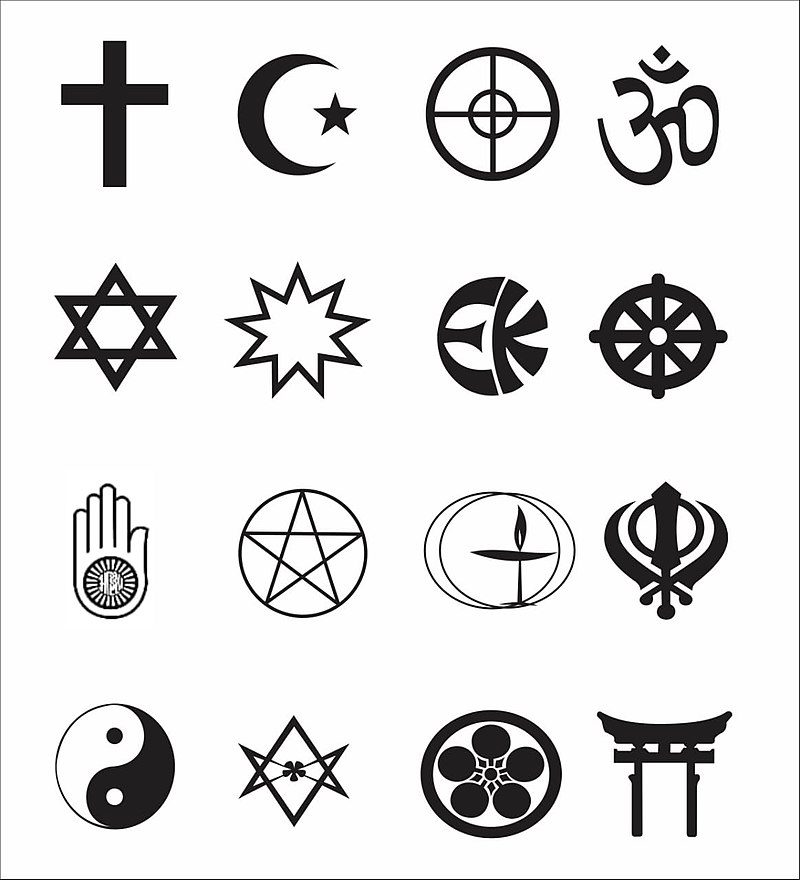Religion has long influenced world politics, with key examples including the Crusades, Reformation, Cold War, Iranian Revolution, Israeli-Palestinian conflict, India-Pakistan conflict, rise of radical Islamism, role of Catholic Church in Latin America, role of Hindu nationalism in India, and role of Evangelical Christianity in the United States. These examples demonstrate how religious differences have shaped political conflicts and shaped national identities. While religion can inspire political change, it can also fuel violence and exclusion. Policymakers must understand the role of religion in politics and work towards promoting religious tolerance and peaceful resolutions to conflicts based on religious differences.
The Influence of Religion on World Politics: 10 Key Examples
1. The Crusades
Religion has had a significant impact on world politics throughout history. One of the most prominent examples of this early influence is the Crusades, a series of religiously motivated wars fought between Christians and Muslims in the 11th through 13th centuries. These wars had a lasting impact on the political relationships between the East and West, as well as the relationship between the Church and the State.
2. The Reformation
During the Reformation in the 16th century, religious tensions between Catholics and Protestants fueled political conflicts across Europe. These conflicts resulted in wars, persecution, and the division of Christian Europe into multiple confessional states. The religious divide created by the Reformation also contributed to the formation of modern nation-states and the emergence of secularism in the West.
3. The Cold War
Religion played a significant role in the ideological conflict between the United States and the Soviet Union during the Cold War. Both superpowers saw themselves as champions of their respective belief systems – Christianity and Marxism-Leninism – and used them to justify their foreign policies. Religious freedom, or the lack thereof, was often used as a political tool to demonize rival powers.
4. The Iranian Revolution
In 1979, the Islamic Republic of Iran was founded under the leadership of Ayatollah Khomeini, marking the first time in modern history that a theocracy had come to power in a major nation. The influence of religion on Iranian politics has remained strong ever since, shaping Iran’s foreign policy and domestic affairs. Iran’s theocratic system has also had a significant impact on the wider Muslim world, influencing the rise of political Islam and the rise of religiously based radicalism.
5. The Israeli-Palestinian Conflict
Religious differences are at the heart of the Israeli-Palestinian conflict. Both Israelis and Palestinians claim historical and religious ties to the land of Israel, which has fueled clashes between the two groups for decades. Religion plays a role in shaping the political beliefs of both sides, shaping their national identities and motivations.
6. The India-Pakistan Conflict
Religion also plays a significant role in the ongoing conflict between India and Pakistan. The division of British India into two separate states – India (predominantly Hindu) and Pakistan (predominantly Muslim) – was based on religious differences. Tensions between the two nations have been fueled by religious animosity, leading to military conflicts and political disagreements.
7. The Rise of Radical Islamism
The rise of radical Islamism in recent decades has had a profound impact on world politics. Religious extremist groups such as Al-Qaeda, ISIS, and the Taliban have used Islam as a justification for their violent acts, creating insecurity throughout the Middle East and beyond. These groups have clashed with secular governments, leading to political instability and humanitarian crises.
8. The Role of the Catholic Church in Latin America
The Catholic Church has played a significant role in shaping politics throughout Latin America, particularly during the Cold War era. The Church was involved in social movements for labor rights, land reform, and democracy, which led to the rise of liberation theology. The Church’s influence also led to the emergence of conservative religious movements in response to leftist movements across the region.
9. The Role of Hindu Nationalism in India
In recent years, the rise of Hindu nationalism in India has become an increasingly prominent factor in Indian politics. Hindu nationalists have pushed for a greater role for Hinduism in Indian society and have advocated for the exclusion of minority communities, particularly Muslims, from the political process. This has led to political polarization and intensified religious tensions in the country.
10. The Role of Evangelical Christianity in the United States
Religious groups, particularly Evangelical Christianity, have had a significant impact on politics in the United States. Evangelicals have played a prominent role in right-wing politics, particularly in their support for the Republican Party. This has fueled political polarization, with religious divisions shaping the political beliefs of voters and the policies of government.
In conclusion, religion has played a significant role in shaping world politics throughout history. Religious differences have led to wars, driven ideological conflicts, and contributed to political polarization. While religion can be a source of inspiration for political action, it can also be used to justify violence, persecution, and exclusion. It is essential for policymakers to understand the role of religion in politics, promote religious tolerance, and work towards peaceful resolutions to conflicts shaped by religious differences.
